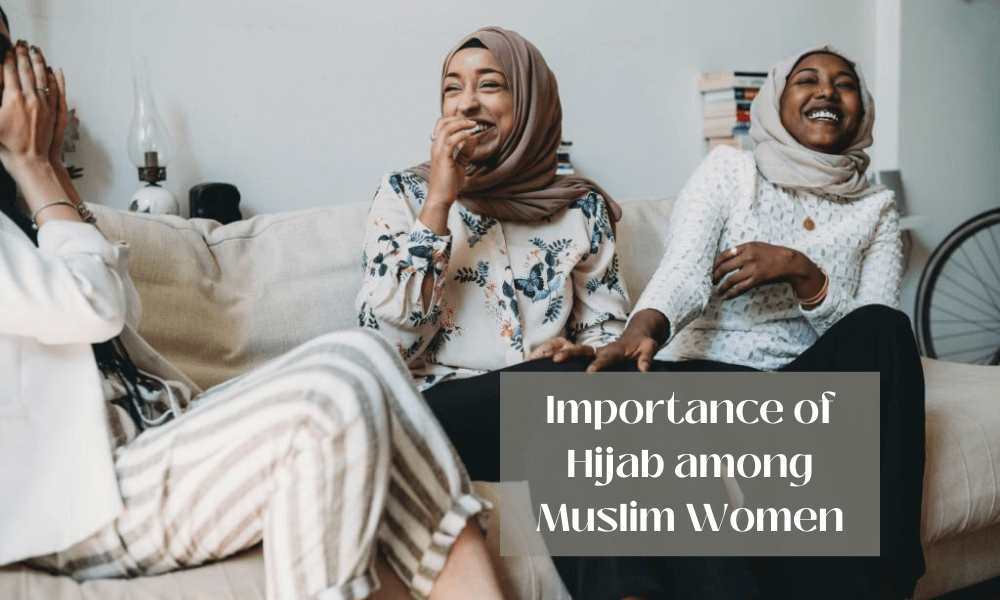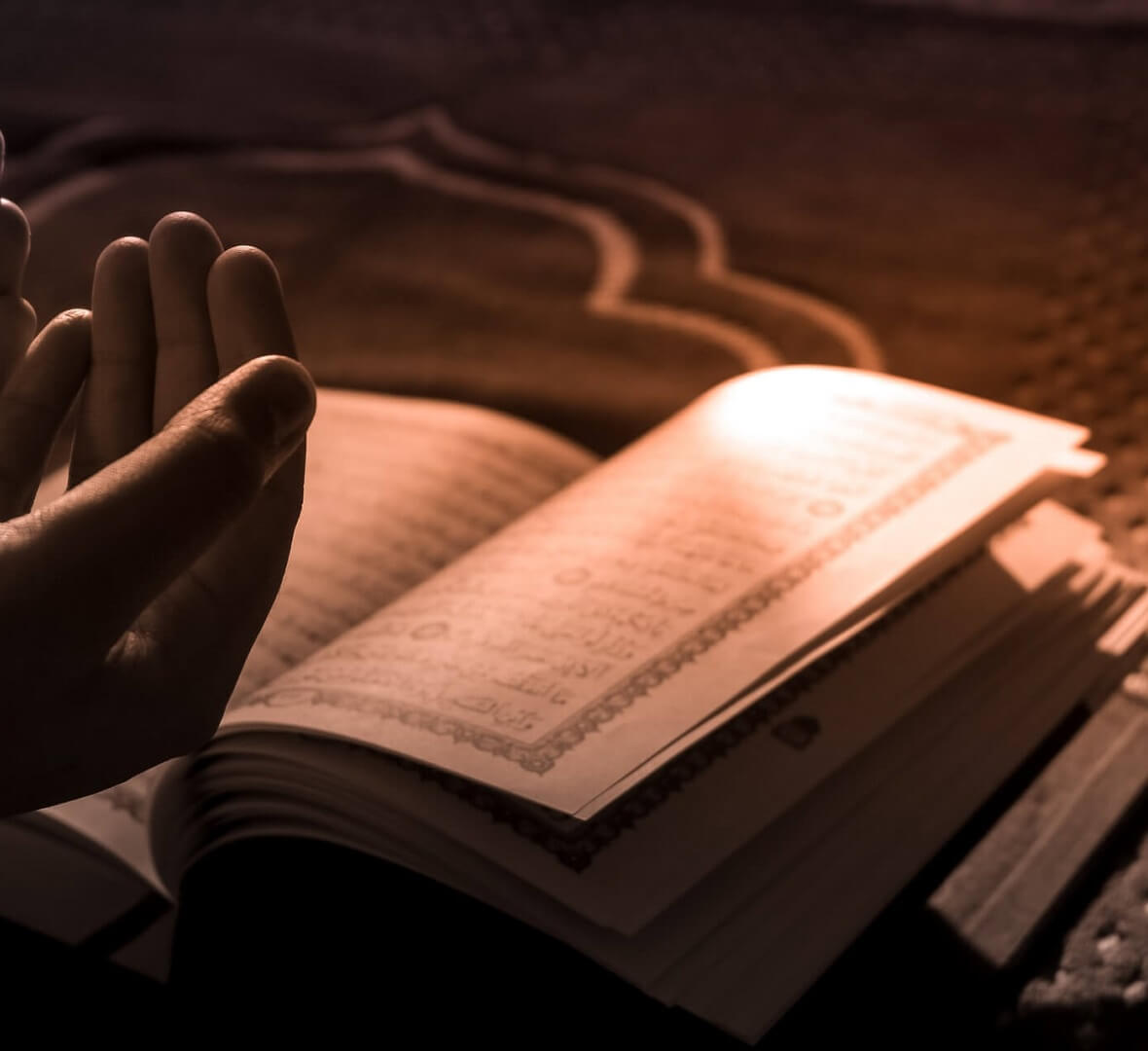Modesty is instructed in the Quran for both men and women. Hijab is a complete and brilliant way to exercise modesty for a woman. It is not limited to a piece of cloth or a tool to cover the hair. The concept of the Hijab entails embodying a sense of haya, an instinct characteristic of human beings that makes them scared. When we think of haya, we mean a sense of self-preservation, modesty, shyness, and some degree of shame. The word haya incorporates all these concepts, and it’s as vast as the concept of the Hijab.
Modesty and The Practice of Wearing Hijab
Observing modesty and practicing Hijab rests on multiple rationales. Hijab is a sign of submission to God, first and foremost. We carry Hijab to show our dedication to the word of Allah, but it’s also symbolic of the responsibilities and actions we are liable to as Muslims. Hijab is not just restricted to covering your head, but it also encompasses your mannerisms and how you reflect your Muslim personality to the world. Modesty as a concept is not just about how you dress but also about how you speak and treat others.
A modest woman is one who treats other people with kindness and doesn’t hurt their sentiments with her actions or words. She is always surrounded by an aura of sophistication, and that includes wearing clothes that don’t go against her principles and the rules laid by Islam. It’s about the ability to discern, both internally and externally. Most women do find it very much as a shield now that they choose to be comfortable with their choices and get hijabs online in just a few clicks. Because in the end, how they dress reflects their beliefs to the world.

Requirement of Wearing Hijab
Islam is pretty diverse both in practice and in culture. Wearing Hijab and covering hair bring a sense of dignity. Against the word of Allah, we are always in the wrong, and he would never command us to do anything which is bad for us. Our goal is to please Allah and remain modest within the bounds of Islam. A woman’s body is a bestowal from above, and it is not something to be objectified or harassed. Seeking worldly validation by adorning oneself is something that’s mentally taxing. We can’t control the male gaze, we can stop someone from staring at us, but we can rightfully control how we appear and navigate the world, which is the only thing that matters in the eye of God.
Dressing modestly and wearing a hijab is also very liberating because it frees you from the shackles of external validation. People start respecting you because of your personality and demeanor and not because of the way you look. Because, in the end, if someone is only around you because of your looks, that attraction will soon fade away and only result in toxicity. Hence, Hijab is an empowering choice that Muslim women make because our bodies belong to us, and we get to choose who sees them, regardless of what society expects or wants. It preserves what’s sacred in us and helps us connect to the divine.
Worldly Benefits of Wearing Hijab
Hijab is a garb that offers many worldly benefits too, and one of them is the reduction of fitnah in the hearts of both men and women. We often see this question is thrown around: Why can’t men just lower their gaze? Men are commanded to lower their gaze and practice haya too, right before a verse that commands women to cover themselves:
“Tell the believing men to reduce [some] of their vision and guard their private parts. That is purer for them. Indeed, Allah is Acquainted with what they do,” (24:30).
But it’s disappointing that they don’t structure their actions around the commandments of Allah, especially in this age, when the word of the Lord is just dismissed plainly. But the Quran is the ultimate guide for all Muslims, regardless of their sex, caste, and race.
Even the wives of the Prophet Mohammed, peace be upon him, who were the most pious and righteous women in the history of Islam, were instructed to cloak themselves in a veil in the Quran.
“And when you ask [his wives] for something, ask them from behind a partition. That is purer for your hearts and their hearts”(33:53).
What more substantial proof does a believer want, to understand the importance of covering herself when it was even instructed to the people who were in close proximity to the Prophet Mohammed, peace be upon him, during the height of Islam? Apart from being practical and protective, one of the most overlooked benefits of the Hijab is that it boosts the self-esteem of women because it wards off the competing forces of societal beauty standards that are so rampant in today’s world and helps you focus on your internal self rather than external.
Spiritual Benefits of Wearing Hijab
One of the central principles of Islam is the concept of Jihad, which is an internal struggle or, metaphorically speaking, a war against your instincts. God asks us to control our unregulated instincts, and it’s through the concept of Jihad we can do that. Wading through this world, we are tested at every step, and to dress modestly is to take refuge in the principles of Jihad. It is a conscious practice; with hardships comes ease, and with ease come fruition and the proximity to the divine. Aligning ourselves to the word of God does take conscious efforts and strong control of our instincts, but it shouldn’t feel burdensome since the eternal truth awaits us all past this struggle.
Wearing Hijab is also a sort of detachment from this world’s unrealistic and obscene standards, which only corrupts us and strays us from the righteous path. It frees us from body dysmorphia, eating disorders, and drawing comparisons with other people. Remember, we are all spiritual beings who are here for a brief time to experience the world and lead a life with better discernment. It’s up to us to decide which mindset we want to follow. We can either use Hijab as a way to enlightenment or perceive it as a patriarchal tool to control men’s lust. We can think of it as a detachment, or we can think of it as a restriction. It’s all about the mindset.


